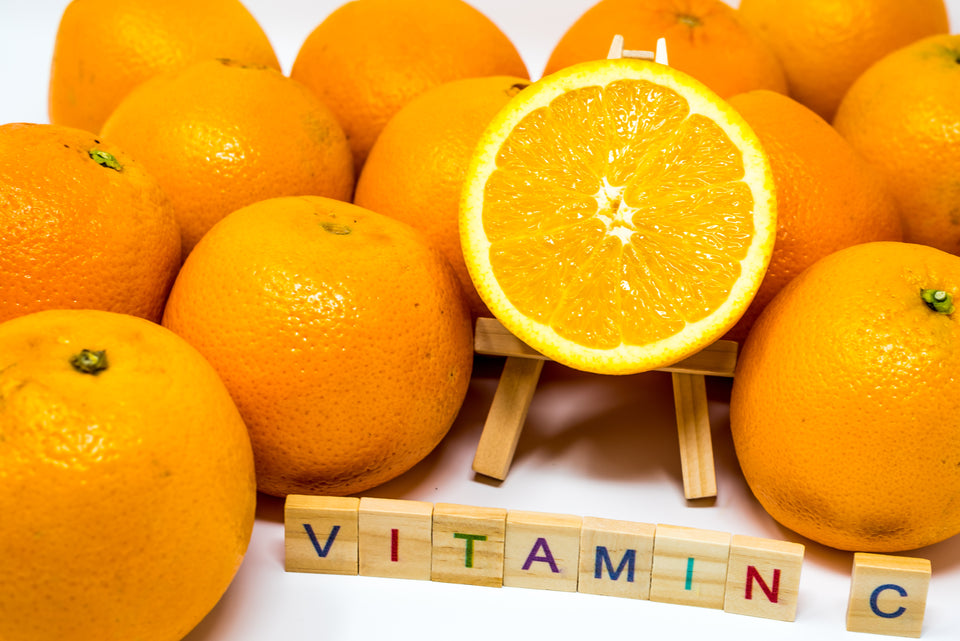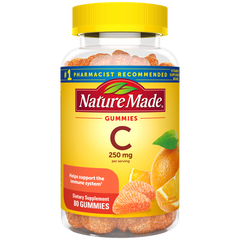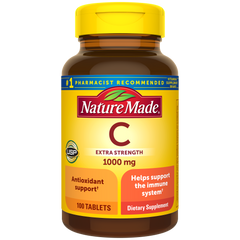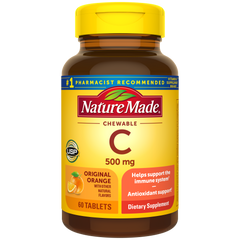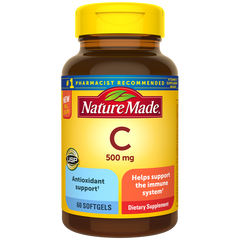-
-
-

Access expert insights, research, and other helpful content related to your health.
Explore Health Resources -

Learn where our story began, and how we continue to evolve alongside our customers.
Discover Nature Made
Item added to your cart
$0.00 away from Free Shipping You have earned Free Shipping*
$35 away from a Free Gift You have earned a Free Gift

Wellblends™ Sleep & Recover™ Gummies
Free ($19.99 value)


 Beauty
Beauty
 Bone
Bone
.svg?v=1708553623743) Brain
Brain
 Gut Health
Gut Health
 Energy
Energy
 Eye Health
Eye Health
 General Wellness
General Wellness
 Heart
Heart
 Immune Health
Immune Health
 Joints
Joints
 Kids
Kids
 Men's Health
Men's Health
 Mood
Mood
 Sleep
Sleep
 Stress
Stress
 Women's Health
Women's Health














